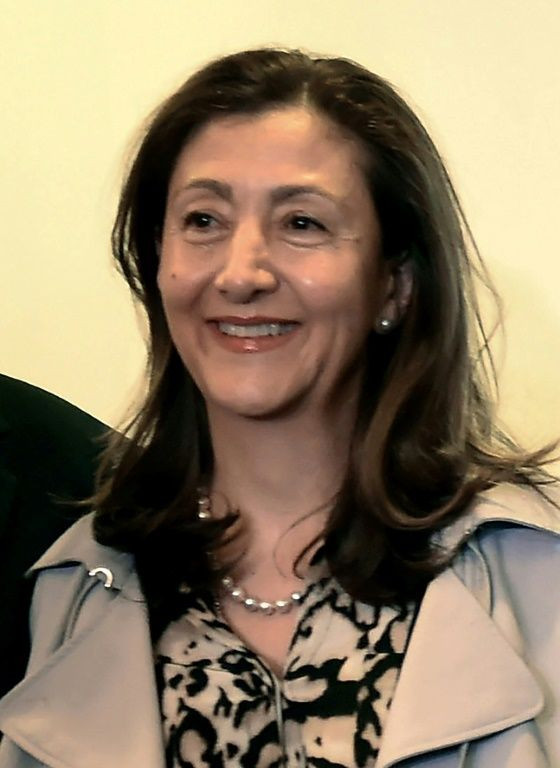Lessons From Colombia Kidnap Ordeal Ease Betancourt Pandemic Fears

More than six years in captivity at the hands of Colombian guerrillas provided a crash course in confinement that former politician Ingrid Betancourt says has steeled her for life under lockdown.
The former Colombian senator and presidential candidate says she can tap into that hard-won experience now that she is confined to a house alone in Oxford, England, where she is studying for a PhD in theology.
Betancourt spent six and a half years deep in the Colombian jungle, a prisoner of FARC rebels, following her kidnap in 2002.
"I spent years isolated from my colleagues during the kidnapping so let's say this is something I already know."
The 58-year-old has quickly established a routine under lockdown in England, getting up, starting work, and taking breaks, including going for a run, at the same time every day.
"That format balances me a lot because I can feel what I'm doing is productive. I do not feel alone."
Key to it all is what she calls "space management."
"When I was in captivity, I had my neck tied to a tree. When you are tied up, the space you have available to move around is very limited."

"What I did is that I compartmentalized it, so I had a space where I used to eat, I moved with the chain to another space to do a physical exercise routine, I moved to another space just to read and think. I always changed places. And that helped me feel freer because I could choose where I was. That is something I do at the moment."
Having a clear mind is important in the current crisis, she says.
"Betting that things are going to turn out in the best way... That does not exempt one from having terrible moments, but despite the pain, when time passes and one looks back, one realizes that very positive things remain."
Betancourt's father died during her years of captivity, exposing her to a similar situation to people who are now unable to say a final goodbye to their relatives because of fears over the spread of the coronavirus.
"When I learned in the jungle that my father had died, I practically went crazy but you have to breathe. You learn to continue living, to breathe, to eat, to walk... to continue existing."
Difficult as it may seem, there are benefits to the pandemic, says Betancourt, and lessons to be learned.
"When they return to normal life, people are going to have the feeling that there are things in this life of confinement that they are not going to want to lose.
"They can get out of the urgency of always running after things. Suddenly everything stops and you start to think 'Is all this so necessary?'"
"Do I have to be running up and down or can I find a formula where I can manage to be the owner of my own life?"
© Copyright AFP {{Year}}. All rights reserved.




















